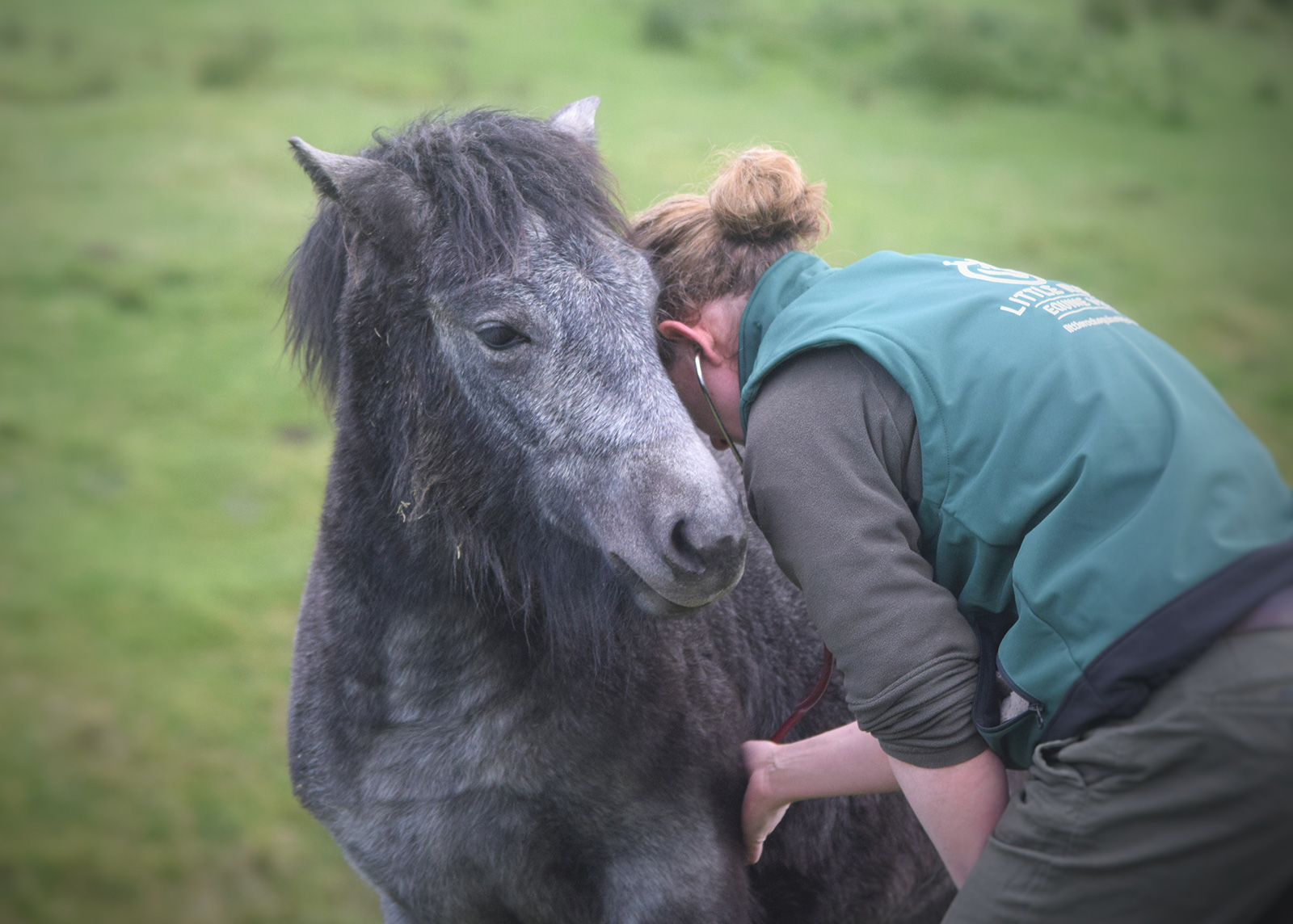Worming advice and programmes
We strongly advise that you use a worm egg count (WEC) as an integral component of worm control. Horse worms have an increasing resistance to commonly used wormers. Therefore the most critical thing is to try and minimise resistance within your own horse or livery yard. WEC relies on the careful management of the grazing area (such as daily poo picking) alongside identifying which worms and how many are within your horse.
Current evidence is that a small burden may actually compliments and strengthens your horse’s immune system. The best way to achieve this, is to worm from January to October using the results of your WEC, (if deemed necessary). If the WEC is low or medium, we advise that you do not worm, as this is your healthy population. If counts are high or very high, then we advise ‘targeted’ worming- appropriate to the burden your horse has. The wormer depends on the time of year and type of grazing management employed. Horses should be wormed with a wormer that will treat encysted redworm (cyathostomes) after the first heavy frost, every year. In this area, this usually happens after the end of October, but if we have an unseasonably mild winter then we would advise worming before the end of December.
The reason we do not advise a worm egg count at this time of year is twofold:
Firstly, you cannot accurately count worms if they are hiding in the walls of the gut e.g. encysted redworm. Secondly, we advise that you worm for all types including tapeworm, encysted redworm and roundworms within their GI tract.
We use a single dose of moxidectin and praziquantel (found in Equest Pramox) to minimise the risk of a clinical issues that can be caused by heavy worm burdens.
Referrals
We have a very close relationship with referral centres such as Leahurst Equine Hospital. This means if your horse needs further diagnostics that we cannot provide, such as colic surgery or MRI, we can refer you to the centre of your choice as quickly and efficiently as possible.
Contact us Today
We cover Staffordshire moorlands, North Staffordshire and North Staffs county. If you have any equine veterinary needs we would love to hear from you.



